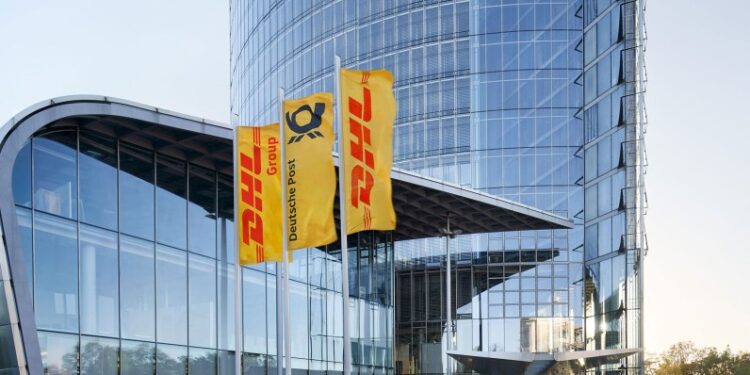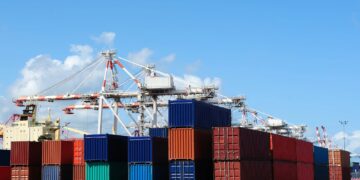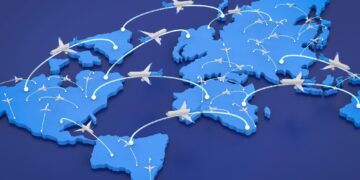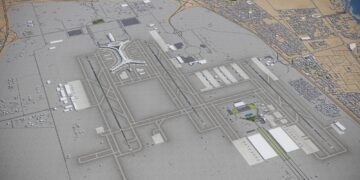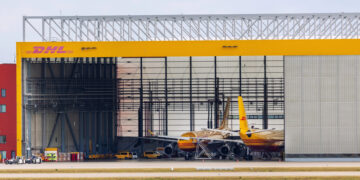DHL Group has announced plans to invest over EUR500 million ($540 million) in the Middle East by 2030, with a particular emphasis on the United Arab Emirates and Saudi Arabia, according to the company. This initiative will strengthen logistics infrastructure and expand operational capacity across all four DHL business units: DHL Express, DHL Global Forwarding, DHL Supply Chain, and DHL eCommerce.
The investment is part of DHL’s broader Strategy 2030, which focuses on growth markets in response to evolving global trade dynamics. John Pearson, Chief Executive Officer of DHL Express, highlighted the Gulf Cooperation Council’s emergence as a major logistics and innovation center, emphasizing the region’s pivotal role in linking Asia, Europe, and Africa.
DHL’s expansion aligns with increased foreign investment, government infrastructure projects, and rising export activity in the Middle East. The company aims to enhance services such as express delivery, freight forwarding, warehousing, customs brokerage, and sector-specific logistics for industries including healthcare, energy, and e-commerce.
Hendrik Venter, Chief Executive Officer of DHL Supply Chain for Europe, Middle East & Africa, noted that DHL has recently expanded in Saudi Arabia and the UAE to meet growing demand for advanced supply chain solutions. Amadou Diallo, Chief Executive Officer of DHL Global Forwarding, Middle East & Africa, stated that the investment will support digital transformation and sustainable transport, helping customers build resilient supply chains.
Key Projects and Sustainability Initiatives
- New DHL Express hubs and expanded aviation capacity
- An enlarged fleet with electric vehicles for DHL Global Forwarding
- Upgraded warehousing and automation for DHL Supply Chain
- Improved last-mile delivery for DHL eCommerce, bolstered by the acquisition of AJEX in Saudi Arabia
DHL Group also intends to support regional sustainability goals by investing in green logistics, such as alternative fuels, electric vehicles, and solar-powered facilities. These efforts aim to help customers achieve net-zero emissions targets and future-proof their supply chains. Additionally, the investment will support tourism logistics in Saudi Arabia, driven by the kingdom’s Vision 2030 strategy and its ambition to host major global events.
